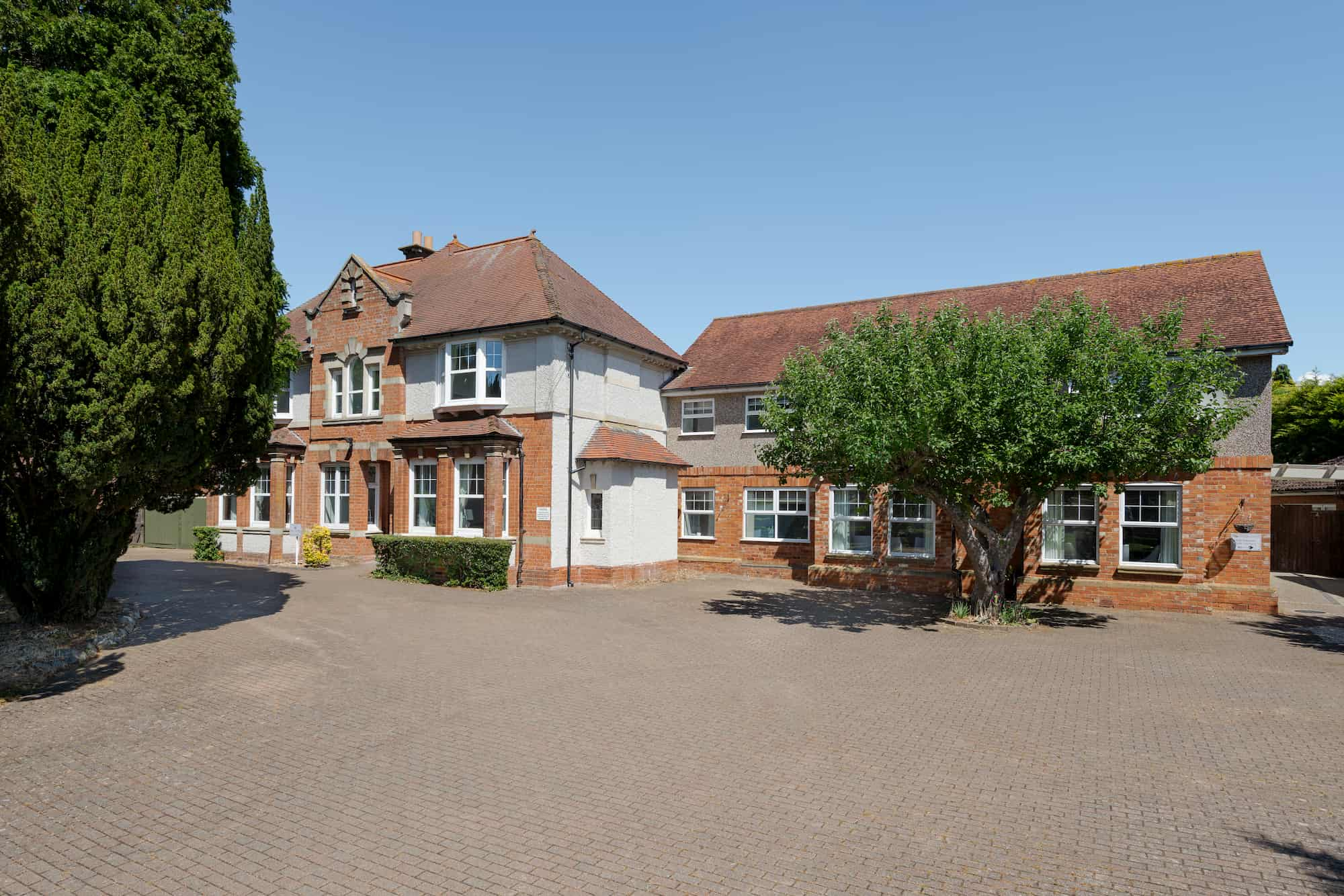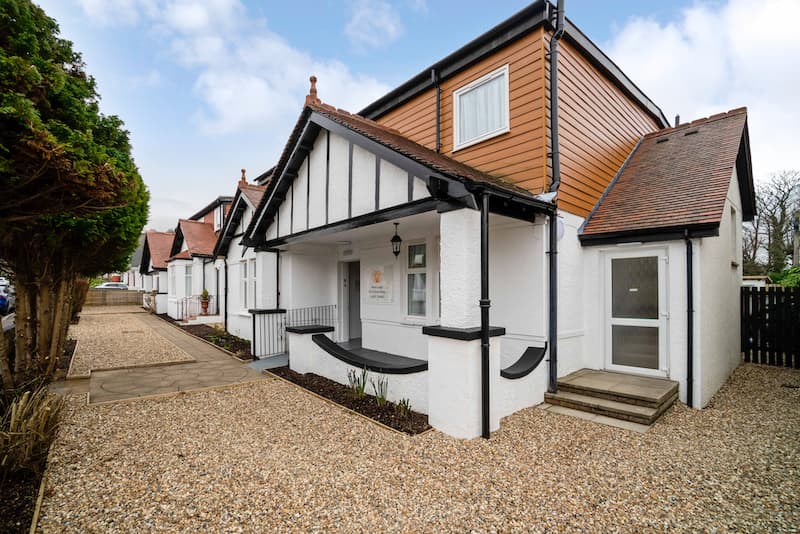An addiction to drugs or alcohol can be extremely damaging. It can take a heavy toll on your physical health, drastically increasing the risk of debilitating medical issues such as heart disease, liver disease and several varieties of cancer.
Prolonged and heavy substance abuse makes it significantly more likely that you will fall victim to an acute emergency like a stroke or a heart attack. Situations like these can be life changing, or life-ending. This is without even mentioning the possibility of alcohol poisoning or overdose. According to the Office for National Statistics, in the UK in 2021 3,060 deaths were attributed to drug abuse.1 In 2020, 8,974 deaths were registered as having alcohol-specific causes, that is as a result of alcohol poisoning or liver disease that was directly attributed to prolonged alcohol abuse.2
The impacts of substance abuse are not just physical. They are psychological too. Addiction and mental health problems often go hand in hand, with one generally leading to the other. When addiction and a mental health problem like depression or anxiety occur together it is known as a dual diagnosis. This insidious cycle can affect your behaviour, making you more irritable, moody, or even aggressive and violent than you usually are.
It is, unfortunately, far from uncommon for drug and alcohol addiction to drive rifts between loved ones. Addiction can destroy relationships between partners, family members and close friends. It can be an extremely lonely experience. Considering the inherent dangers, it is important that you address an addiction problem as soon as you possibly can.
Get In Touch
Are you suffering from Addiction and need help? Addiction Advocates are leading UK based experts in Private Drug and Alcohol Rehabilitation Treatment. Find out how we can help by getting in touch with our friendly team today.
Overview of Residential Drug and Alcohol Rehab
Detox
If you are suffering from an addiction to alcohol or drugs, the single best decision you can make is to seek addiction treatment at a residential rehab clinic. It is rarely enough simply to decide that you want to cut alcohol or drugs out of your life. Most addicts, if they try to quit, do so by going cold turkey. This means suddenly and completely discontinuing their drug use. Depending on the nature of the substance they are addicted to, this can be incredibly dangerous.
If the body is dependent on a substance, and suddenly it is no longer receiving that substance, it goes into withdrawal. When suffering from withdrawal, you are likely to experience a wide range of unpleasant symptoms. These can vary from the mildly uncomfortable – such as sweats, headaches and general muscle pain- to the painful, dangerous and frightening. In severe cases, addicts suffering withdrawal can experience seizures, hallucinations and breathing difficulties.
One of the biggest benefits of drug and alcohol rehab is that it offers a safe space for you to deal with these withdrawal symptoms. Alone, it can be extremely difficult and even dangerous to resist these cravings, but at a dedicated detoxification clinic you will be under constant medical supervision so you will always have access to advice, support and, if necessary, emergency care.
While the process will never be entirely comfortable, the warm and welcoming atmosphere of residential clinics ensures that you will be as comfortable as it is possible to be whilst dealing with the unpleasantness of withdrawal. At alcohol and drug rehab, you will be insulated from the everyday stress that triggers your drug use or your drinking, making it much easier to focus on your recovery.
Therapy
Once you have completed a drug and alcohol detox and the harmful toxins affecting your body have been flushed out of your system, the next step is therapy. Addiction can only truly be overcome by taking a holistic approach, addressing the root causes of your substance misuse and allowing you to develop healthy coping mechanisms to ensure that you don’t relapse once outside of the clinic. Cognitive behavioural therapy is the favoured method of addiction treatment.
It is a kind of psychotherapy that seeks to help clients break free of self-destructive patterns of behaviour, including developing healthier responses to the urge to take drugs or drink alcohol as a stress response. Ultimately, every client is different, and the exact programme of treatment you receive will depend on your individual circumstances. The therapy you undergo will be tailored to you, focusing on addressing your own specific needs and requirements.
Importance of Aftercare
Overcoming an addiction to alcohol or drugs is not as simple as going through detox and a short course of therapies. Recovery is a lifelong struggle, one that you will have to consciously engage with every day. Relapse is always a possibility. If you are addicted to a particularly insidious substance, such as heroin, relapse may even be likely. Which is why private drug and alcohol rehab clinics often offer comprehensive programmes of aftercare, providing continued support and counselling sessions once you have left the rehab centre. By maintaining contact with the psychiatric professionals of the clinic, you can be sure that you have the strongest possible support network as you navigate sober life.
How Much Does Drug and Alcohol Rehab in Rottingdean Cost?
The cost of private drug and alcohol rehab can vary significantly depending on a number of factors. Critically, it will depend on the type of substance you are addicted to (and thus what manner of treatment you need) and the length of your stay. Prices can begin as low as £1,000 and rarely exceed £10,000, but for more accurate information, you will have to get in touch so that we can assess your case.
Get the Support you Deserve
At Addiction Advocates, we know that every client is different. To achieve a lasting and full recovery, it is critical that you receive a programme of treatment that is tailored to suit you. We work with a network of excellent rehab services across the UK, and we can refer you to the clinic that is right for you and ensure that you have the best possible chance for success.
We operate a 24/7 helpline, so please do not hesitate to contact us to get the help you deserve.



